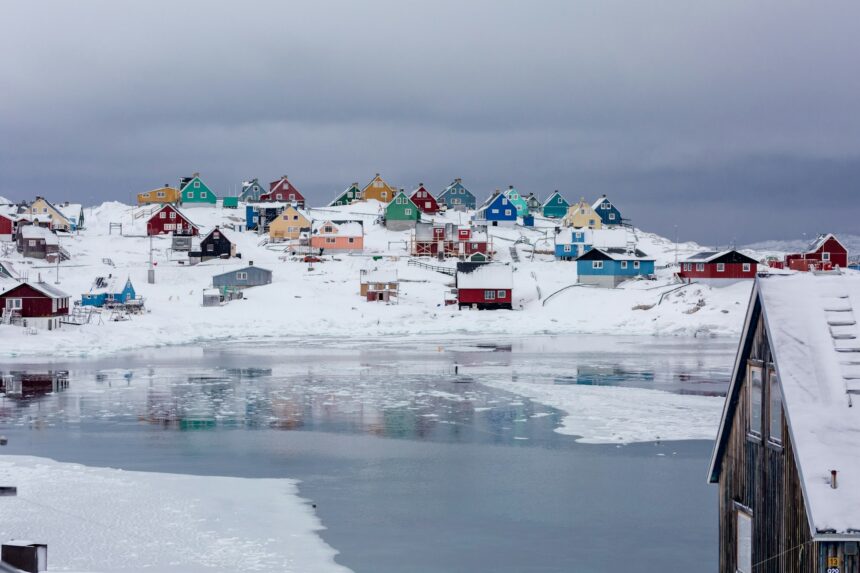Greenland, situated within the Arctic Circle, has garnered growing attention from international nations due to its advantageous position along the most direct pathways linking Asia, Europe, and North America. Major global powers such as the United States, China, and Russia are competing to expand their military and economic influence in the region as it becomes increasingly suitable for human habitation.
Exerting control over Greenland has significant military, economic, and political benefits for major global powers. The historical significance of Greenland may be traced back to World War II, during which the United States provided assistance to its European allies in countering German naval and meteorological operations. Initially, the United States made investments in the infrastructure for mining cryolite. However, they subsequently created a covert polar station known as Camp Century. The viability of Arctic settlement has been enhanced by climate change, enabling countries to assert ownership over progressively more livable regions.
Greenland’s strategic importance lies in its potential to provide access to the vast untapped oil and natural gas reserves in the Arctic, which account for 13% and 30% of the world’s undiscovered resources, respectively. Nevertheless, human activities in Greenland result in environmental repercussions, including the degradation of vital infrastructure and the discharge of hazardous waste. The interests of the local population in Greenland provide challenges for international involvement, as they seek to restrict foreign ownership of native infrastructure.
In 2019, President Trump made an effort to acquire Greenland, which demonstrates a change in the interests of US politicians towards expanding their power in the region. The United States is focused on curtailing the influence of competing powers, notably China, who has made a substantial investment of $450 billion in eight Arctic states to develop the Northern Sea Route. This route serves as a shorter shipping pathway to Europe and is accompanied by an underwater internet connection. China’s objective is to gain control of Greenland’s iron and uranium mining sectors and construct a “Polar Silk Road” to connect Europe and Asia.
Russia’s progress in the Arctic, which involves the reconstruction of 475 military bases from the Cold War era, has altered the geopolitical calculation in favour of strengthening the military capability around Greenland. The United States is expanding the capabilities of the Pituffik Space Base located on the northern coast of Greenland. The purpose of this expansion is to enhance its role as a ballistic missile warning station and meteorological radar site.
Greenland has become a prominent centre in the Arctic, offering significant military, economic, and political advantages. The incursion into Ukraine serves as evidence that major world powers are willing to engage in armed conflict over strategically important territories, therefore indicating that Greenland is emerging as a potential focal point for future hostilities.
Read the full article here.







